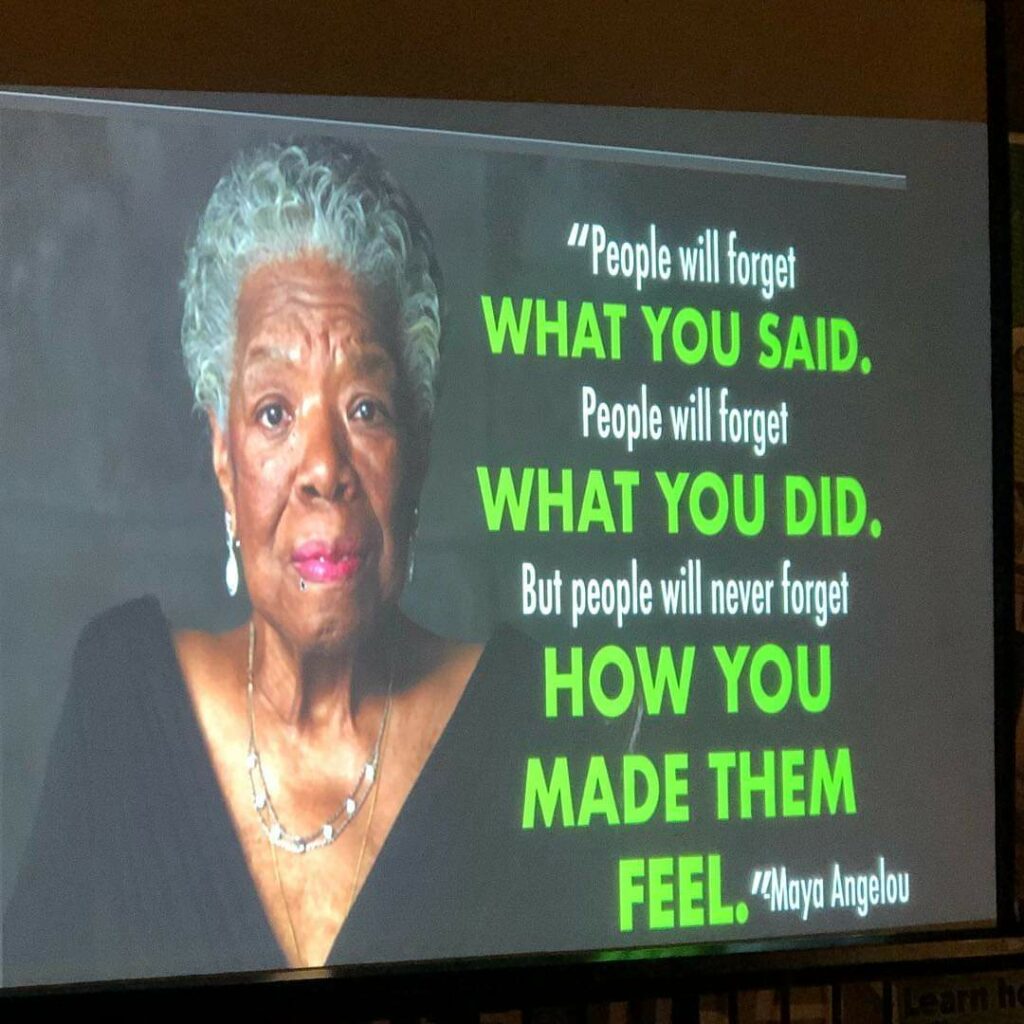
One of the key elements to running a successful non-profit is the ability to raise funds. But how do you do that in today’s competitive environment of fundraising? Every donor is being reached multiple times per month seeking to get funds from them to support a myriad of worthy causes.
In speaking to many non-profits, we hear about these struggles, but we also hear some creative solutions and some interesting strategies. So when we had the opportunity to participate in the Fundraisers Forum at the Spertus Museum in Chicago we jumped at the opportunity.
This third installment in the Fundraiser Forum series was led by Rae Ringel. Rae has been a long-time trainer focusing on the best way to communicate with your organization’s donor base. Rae provided some outstanding insight into how and why donors give. While we cannot share her entire presentation with you, we would like to share some of the insights she gave us.
Rae took us through the process of how we ask for money, and why we tend to associate so many negative terms with fundraising, especially when we are doing great work to support terrific causes.
Among the many interesting facts she shared was the rapidly declining attention span in today’s world. She pointed to the fact that 10 years ago, the average adult had an attention span of 12 minutes. Now, that attention span has dwindled all the way down to 3 minutes. So before you schedule a keynote speaker for a 30 minute time slot, beware!!
Each non-profit worker essentially serves three distinct roles: 1) Relationship builders/connectors; 2) Storytellers; and 3) Fundraisers. She stressed that for every person, fundraising is a required part of the job description.
As she transitioned into the substance of fundraising, she spoke about the importance of body language and posture and examined the reasons why we feel so uncomfortable asking people for money. When Rae asked for the feelings associated with solicitation the responses consisted of:
- Anxiety
- Pressure
- Formal
- Transactional
- Phone
- Chutzpah
- Manipulation
Yet, when she asked for how the people felt about the cause they were raising money for, the results included:
- Pride
- Family
- Warmth
- Ethics
- Values
- Commitment
She helped the group transition the way they think and to consider themselves solicitors with the following traits:
- Relationship builder
- Enabler
- Advocate
- Educator
- Mission
- Connector
- Engagement
- Matchmaker
- Illuminary
Rae challenged us to take a new mindset around fundraising that consisted of: Leading, Empowering and Educating. She recommended keeping these concepts in our minds as we went into a personal solicitation:
- I look forward to hearing what he/she cares about
- I am fortunate to have the opportunity to have this conversation with them
- I have the chance to make someone’s day
- I want to make them part of this success
- I can give other the opportunity to feel like they are a blessing to others
Before you get to the actual solicitation though, Rae emphasized that you have to know three things: 1) Yourself; 2) Your donor; and 3) Your product.
She recommended meeting in a donor’s space because you can learn so much about them from their home, office or other location in which they choose to host you.
Rae stressed the need to understand how credibility is established in relationships. She cited statistics that show that the factors which determine the credibility of another person are:
- 38% by voice tone and tempo
- 55% by body language
- 93% of building trust and credibility is communicated through the body and not through the words
Another interesting element of her presentation was the importance of asking open-ended questions like: What do you care about?” or What drives your giving?” or What’s Your Thing?”
She gave examples of how questions starting with Why” can sound more judgmental, as opposed to something along the lines of What compelled you to meet with me.”
Rae gave examples of how behind every complaint is an unarticulated request”. This makes it even more important for the solicitor to ask the donor questions like What do you want?” or What do you need.”
She stressed that the most admired and respected leaders use conversations to enlist support and to get the people around them involved in creating a fundamentally new future.
She closed with the four elements of making a proper request:
- What?saying exactly what you want
- By When?Saying exactly when you want it
- From Whom?Saying exactly from whom you want it
- Conditions of Satisfaction?Saying exactly how you want it, stating your conditions of satisfaction.
Ultimately, the most important part of fundraising is to leave people in a good frame of mind. Rae quoted Maya Angelou’s famous line I’ve learned that people will forget what you said, people will forget what you did, but people will never forget how you made them feel.”

As you look around your fundraising strategies, we recommend having Rae present to your board or your stakeholders. Her engaging presentations will provide them with great insight. For more information about Rae, visit her website at www.ringelgroup.com